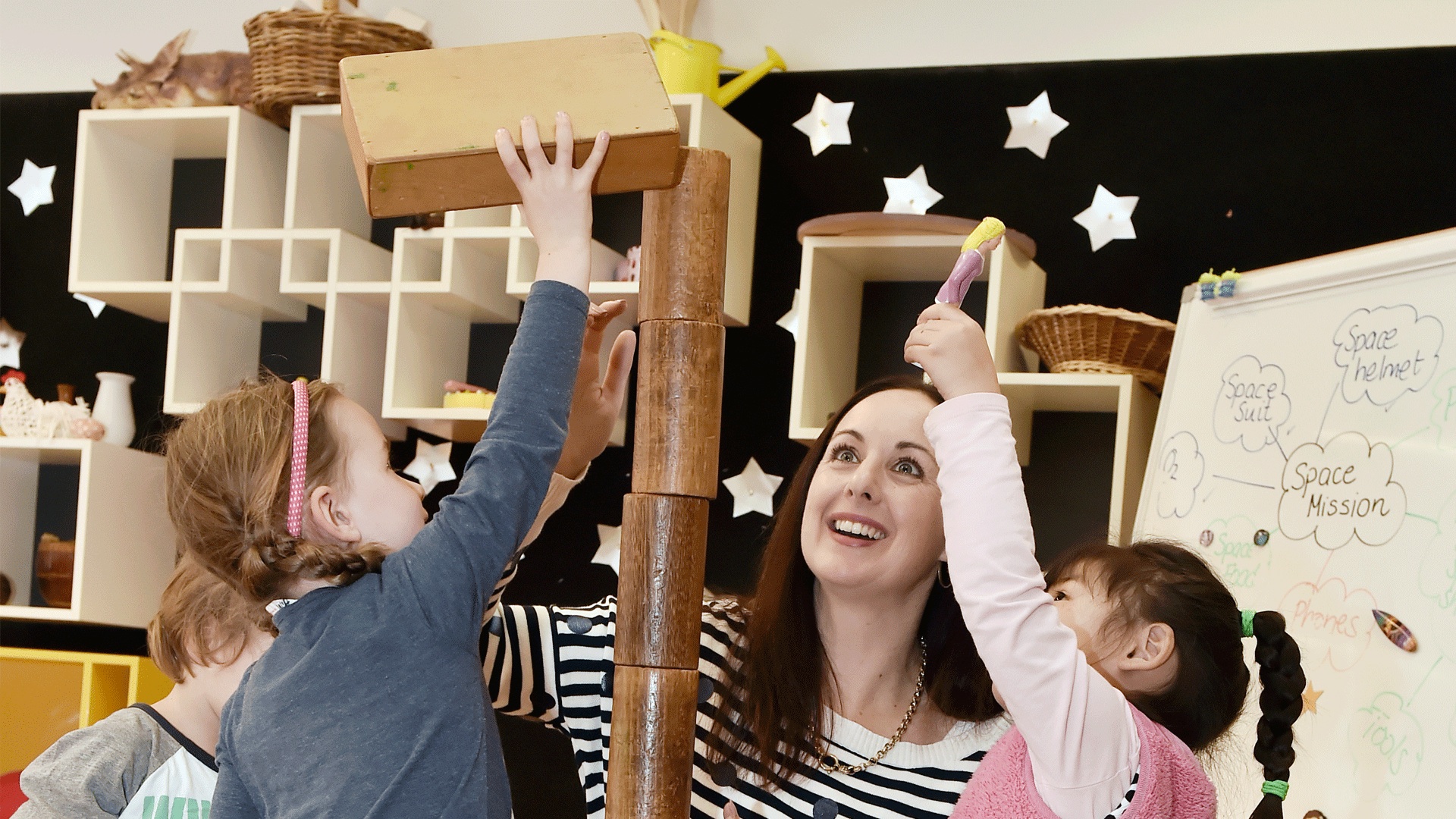
14 Aug How to Start Your Child’s Love of Reading at Home
Before they even get to school, the love of reading in children usually begins at home. Think about your own childhood memories of bedtime stories, trips to the library and the “just one more book” attempt at avoiding sleep! Here are some tips from Yarra Valley Grammar on how to start the reading love affair at home.
As Dr Seuss said, “The more that you read, the more things you will know. The more that you learn, the more places you’ll go.”
A child’s love of reading usually begins at home – you as your child’s parent and family are usually the first custodian of the magic and adventure found in stories, says Mrs Nicky Callow, Director at the Early Learning Centre at Yarra Valley Grammar in Victoria.
“Reading opens up the world! Parents should understand that reading does not just begin when their child starts school,” she says.
Here are some of her suggestions on how to start the love of reading long before that first day of school:
- Read frequently to your child. “It doesn’t just have to be at bedtime,” says Nicky. “Have books on hand when you know there is going to be waiting time at appointments or in the car.”
- Be positive about reading together. “Don’t see it as a chore. Children learn by imitation and if parents are negative about reading, that attitude may transfer.”
- When selecting a book to read, look for one that tells a good story and plays with language. Quality picture books can be expensive so select one that can be read over and over again.
- Don’t be afraid to read the same book. “Repetition is important,” notes Nicky. “Children will often ask for the same story, it shows how much they enjoy it and gives you an insight into what they like to read. Perhaps they have identified with one of the themes, maybe they enjoy the illustrations or like the suspense or drama of it.”
- Create an accessible shelf at home where your child can select books themselves. Write their names inside the cover demonstrating to them the value and importance of the book and allowing them ownership.
- Buy books as presents. They are a great gift and hardly take up any room. So much better than standing in the toy department trying to make a decision for yet another party present!
- Be a reader yourself. Read in front of your child.
- Have a variety of printed materials around the house. “Remember cookbooks, magazines, maps and posters are reading materials that children are often interested in reading,” says Nicky.
- When reading together point to the words when you read aloud. It is not necessary to do this all the time. Point to the title and repeated words and phrases.
- Talk about the way text is printed on the page. Big font means that the author wants you to say it LOUDLY!
- When reading together, explore funny voices and faces.
- Play word games together, talk about rhyme. Rhyme family names with funny words. Many picture books are rhyme based and they help children to predict the end of sentences and want to say the words aloud.
- “It’s not just a job for parents!” Nicky reminds us. Encourage older siblings and cousins to read, too. “This illustrates to the child that reading is something that is achievable for them and it affirms the skills of the older child.”
- “Put the digital devices away and encourage your child to select some favourite books that they can read to themselves when going out for coffee or dinner,” suggests Nicky. “Allow them to hold the menu and show them where the children’s choices are written. Tell them what the words say and the next time you go challenge them to identify it on the menu themselves.”
- Give them small note pads and a pen so they can explore writing, she advises. “As with other areas of their development, writing and letter formation also goes through stages. A squiggle on a page that they allocate a meaning to is writing and should be encouraged. Ask them to tell you what is says – this is early reading!”
Yarra Valley Grammar’s Early Learning Centre teachers build upon and extend literacy skills for each child through individual based programming, says Nicky. “Older school children visit and share books and reading time with the younger children. The ELC teachers work closely with Prep teachers to offer a literacy program that suitably prepares the children for when they commence school and as part of our transition program, the Prep teachers regularly visit and read to the four year old groups. Teachers incorporate reading into the programs through music and storytelling and dramatising favourite books.”
Yarra Valley Grammar is a co-educational school from Early Learning to Year 12 located in Ringwood, Melbourne. ELC teaching staff are degree-qualified Early Years educators. In 2016, its Early Learning Centre was awarded ‘Exceeding the National Quality Standard’ by ACECQA (The Australian Children’s Education and Care Quality Authority) across all seven assessed areas. Visit www.yvg.vic.edu.au to learn more or to book a tour of the school.
This post was brought to you by Yarra Valley Grammar.
Words by Lana Al Habl

